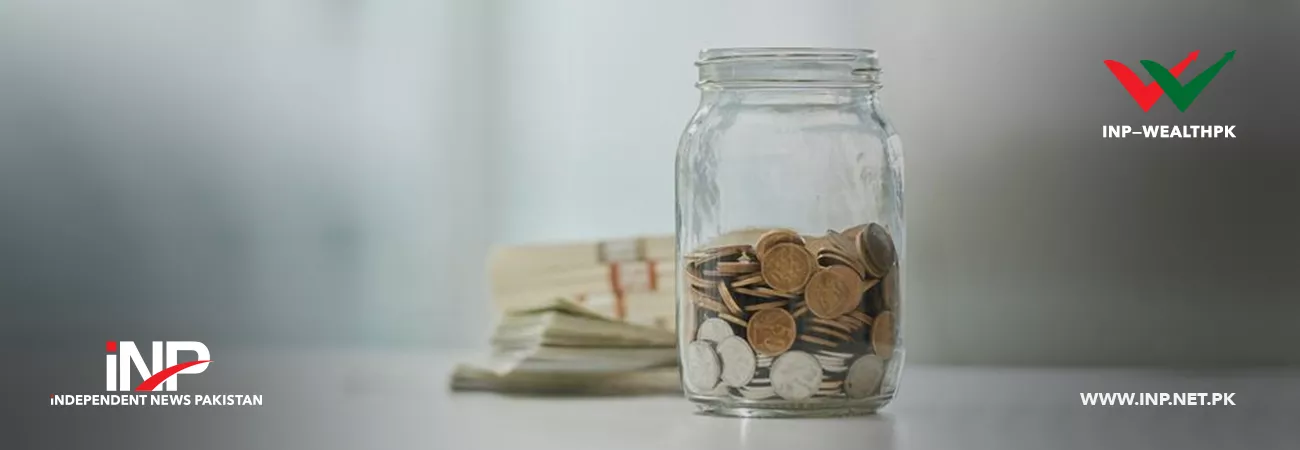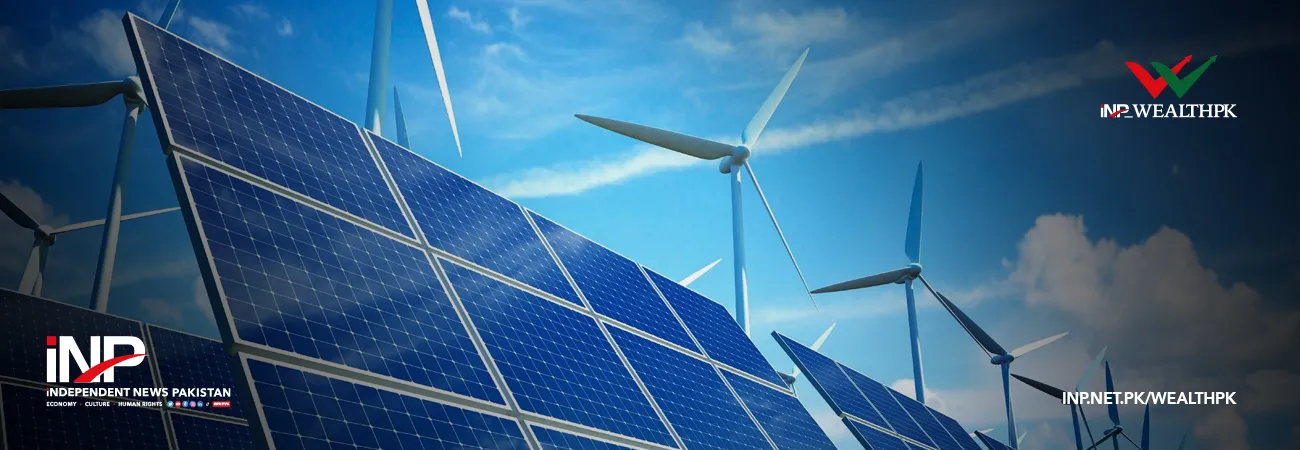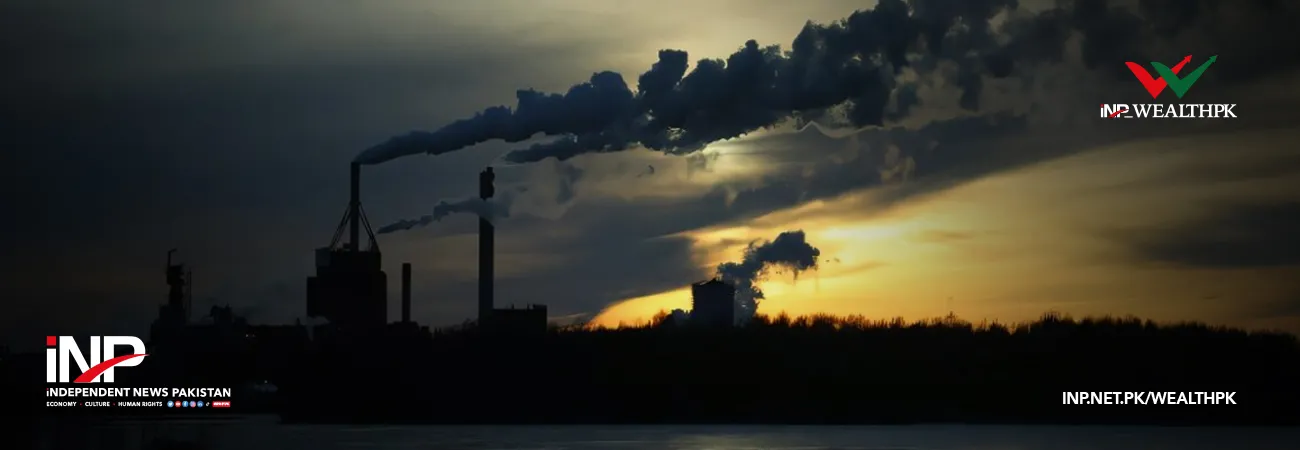INP-WealthPk
Ayesha Saba
Pakistan needs to focus on domestic savings instead of relying on foreign loans to sustain its economic growth, WealthPK reports.
Mehmood Khalid, a research economist at the Pakistan Institute of Development Economics, told WealthPk that investment and saving rates in Pakistan did not achieve significant growth in the past few decades.
“The problems plaguing Pakistan’s economy are often related to its nature as a consumption-driven economy. In Pakistan, 75% of the household income is utilised for private consumption. As a result of high consumption, investment is being sacrificed, dampening the country’s growth,” he said.
Mehmood Khalid said that the general investment climate was regarded as weak due to economic instability, a large informal sector, and most importantly low savings. He said that savings lead to investment, which further spurs economic growth. He added that continuous double-digit inflation also contributed to declining saving rates in the past.
“A comparison of Pakistan with other Asian economies reveals that the country still has a long way to go. To be at the same level of growth as these fast-growing economies of China, India, Malaysia and Thailand, Pakistan needs to finance the desired investment through increased domestic savings without undue reliance on foreign resources as these introduce an element of unsustainability,” said the expert.
He said that the government should provide protection to all private savers against theft, fear of inflation and collapse of the financial system besides rewarding them. He said that the government should strengthen local financial institutions, control inflation and increase the role of market signals in deciding the allocation of savings and investments.
“In order to reduce external dependency, Pakistan has to improve its domestic savings rate. The financial sector, especially banks, has to play an important role in this regard. Most of the residents of the country are unbanked because they are unaware of financial products and their usage. The government needs to address the issues, make concrete efforts to get free from the shackles of the low saving and investment trap, and work toward economic growth and prosperity,” said Mehmood Khalid.
According to the data of the World Bank, domestic savings in Pakistan are also in decline. The gross domestic saving fell from 6.9% of the Gross Domestic Product in 2020 to 4.5% in 2021. Pakistan’s savings rate compares unfavourably with East Asian countries and South Asian peers.
The data available with WealthPK shows that Bangladesh and India have increased their savings rates over the same period.
Credit : Independent News Pakistan-WealthPk













